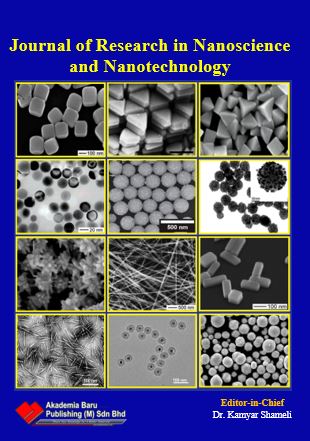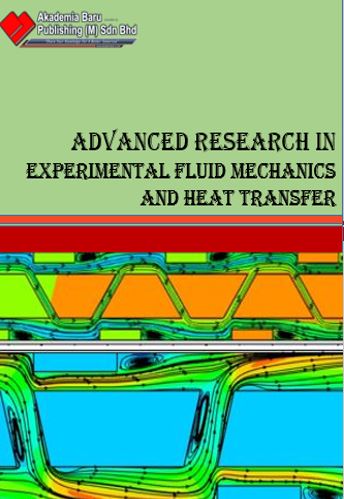Numerical Studies on Temperature and Material Flow During Friction Stir Welding using Different Tool Pin Profiles
Keywords:
AA 7068, Friction stir welding, CFD, RNG k- ε model, Tool pin profileAbstract
A three dimensional computational fluid dynamics (CFD) model has been developed to study the effect of tool pin profile on the material flow and temperature development in friction stir welding (FSW) of high specific strength AA 7068 alloy. Numerical simulations were carried out using a RNG k-e turbulence model. Three tool pin profiles, viz. cylindrical, conical and straight cylindrical threaded were considered for the simulation. The temperature distribution and material flow pattern obtained from the simulation were compared for different pin profiles. Simulation results predicted Temperature distribution and material maxing was better in straight cylindrical tapered thread pin welds. Weld joints were fabricated using the straight cylindrical threaded pin with the same parametric combinations as in the simulation. Peak temperature measured in the experiment was less than that obtained by simulation. Hardness measurements taken at different weld regions has showed that about 71% of that of the base metal hardness is obtained with the threaded tool pin. The microstructure study revealed a defect free weld joint. Precipitates distributed in the microstructure indicate sufficient heat input to join the material without dissolving precipitates. The developed numerical model is helpful in optimising FSW process parameters.





